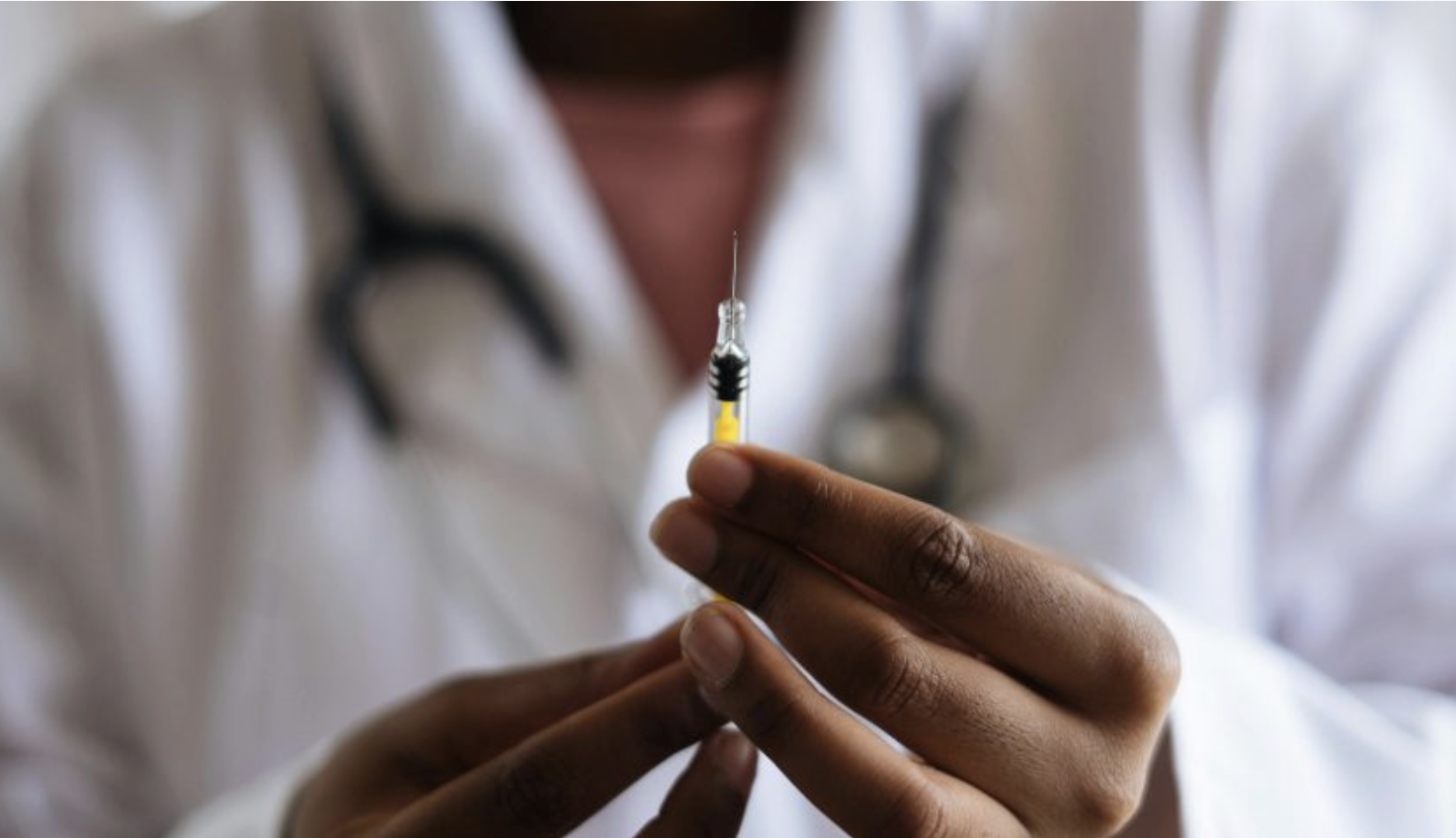 You need only one injection every six months to prevent HIV.
You need only one injection every six months to prevent HIV.Kenyans at risk of HIV will soon protect themselves with a new drug that requires only one injection every six months. Deals announced in New York on Wednesday will reduce the annual cost of the drug to approximately Sh5,400 ($40), making it more affordable for countries like Kenya.
The Gates Foundation and Unitaid announced they will fund two Indian manufacturers of generic drugs ( Hetero and Dr Reddy’s) to produce and sell a generic version of the drug at $40 per person per year.
The medicine, called lenacapavir, is given as an injection only twice a year. Experts say it can prevent almost all new HIV infections.
For Kenya, which has already developed an implementation plan, this could be a breakthrough. The National Syndemic Diseases Control Council estimates 20,105 Kenyans have contracted HIV this year, adding to the 1.4 million already living with the virus.
Many of these new infections could be avoided if people had easier access to prevention tools. The branded lenacapavir is currently sold in the US at $28,000 (Sh3.8 million), which means the new price for the generic version is a huge drop.
The drug also requires a short oral dose before the first injection, which will cost no more than $17.
“Scientific advances like lenacapavir can help us end the HIV epidemic—if they are made accessible to people who can benefit from them the most,” said Trevor Mundel, president of global health at the Gates Foundation. “We are committed to ensuring that those at highest risk, who can least afford it, aren’t left behind.”
Lenacapavir works as pre-exposure prophylaxis (PrEP), but instead of taking tablets every day, people will need just one injection every six months. This is a big advantage for people who face stigma, forget to take pills, or struggle to access clinics regularly.
The drug has already been approved by the US Food and Drug Administration and the European Commission this year. In July, the World Health Organization added it to its guidelines for HIV prevention.
Trials have shown powerful results. The PURPOSE 2 study, published in the New England Journal of Medicine, found lenacapavir prevented between 96 per cent to 100 per cent of all possible new HIV infections.
Unaids says only 18 per cent of people who could benefit from PrEP are currently using them, mainly because they are largely available as pills that must be taken every day.
Kenya’s Cabinet Secretary for Health, Aden Duale, in July had said the country would introduce the original branded lenacapavir in January next year, based on an earlier funding guarantee by the Global Fund.
“The Ministry of Health, through Nascop and our partners, is actively working to ensure this innovative product is accessible to Kenyans by January 2026, and we remain committed to ensuring equitable access, strengthening community engagement, and integrating lenacapavir into our national policies to reach priority populations effectively,” Duale said.
The Gates Foundation said its new deal complements agreements already in place between the Global Fund, Gilead Sciences and Prepfar, and is supported by the Children’s Investment Fund Foundation (CIFF), to roll out the initial supply of lenacapavir in developing countries, potentially reaching countries as early as the end of 2025.
Alongside the Gates Foundation deal with Hetero, Unitaid, the Clinton Health Access Initiative, and Wits RHI, on Wednesday, announced a separate partnership with Dr Reddy’s Laboratories, the other Indian manufacturer.
“A price of USD 40 per person per year is a leap forward that will help to unlock the revolutionary potential of long-acting HIV medicines,” said Winnie Byanyima, Executive Director of UNAIDS. She added: “Unaids, Gates, CHAI, Witts RHI, Reddy, and Hetero have shown today what is possible when companies prioritise equitable access to lifesaving medicines. Gilead now needs to match that ambition by reducing its price for lenacapavir, being completely transparent on cost and pricing, expanding its generics license to include all low and middle-income countries, and allowing more people in developing countries to rapidly access these life-saving medicines.”
The Gates Foundation has already invested more than $80 million to speed up the introduction of lenacapavir. It says that if just four per cent of people in high-burden countries use the drug, up to 20 per cent of new infections could be prevented.
Earlier this week, Bill Gates also pledged $912 million to the Global Fund’s 2026–2028 campaign, which aims to save 23 million lives from HIV, tuberculosis, and malaria between 2027 and 2029. “Hetero is pleased to partner with the Gates Foundation to create a pathway for the sustainable and affordable supply of lenacapavir,” said Dr Vamsi Krishna, managing director of Hetero Group of Companies.
“This collaboration reflects our commitment to ensuring access to innovative HIV medicines for patients in India and other low- and middle-income countries.” The twice-yearly shot will not replace other prevention methods, such as condoms, but it will give people one more powerful choice. “The deals announced today on generics are a major step forward in ending the HIV epidemic,” said Kate Hampton, CEO of the Children’s Investment Fund Foundation.
Unaids said it believes that if 20 million people at the highest risk—such as young women, sex workers, and men who have sex with men—get access to lenacapavir, the world could make huge progress toward ending Aids as a public health threat by 2030.















